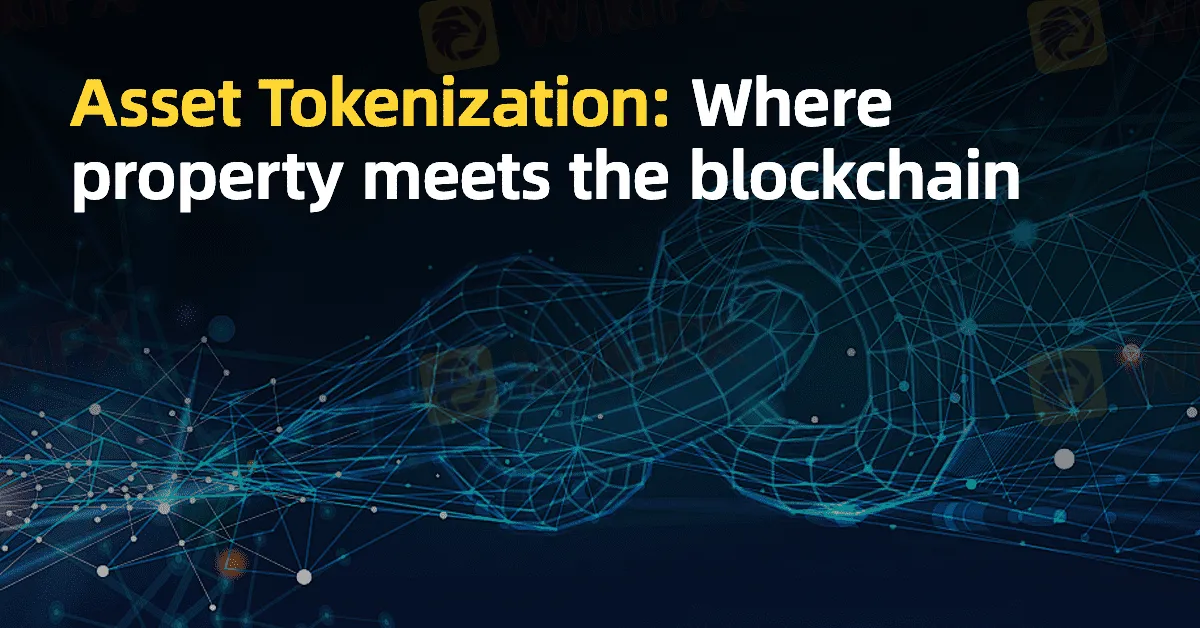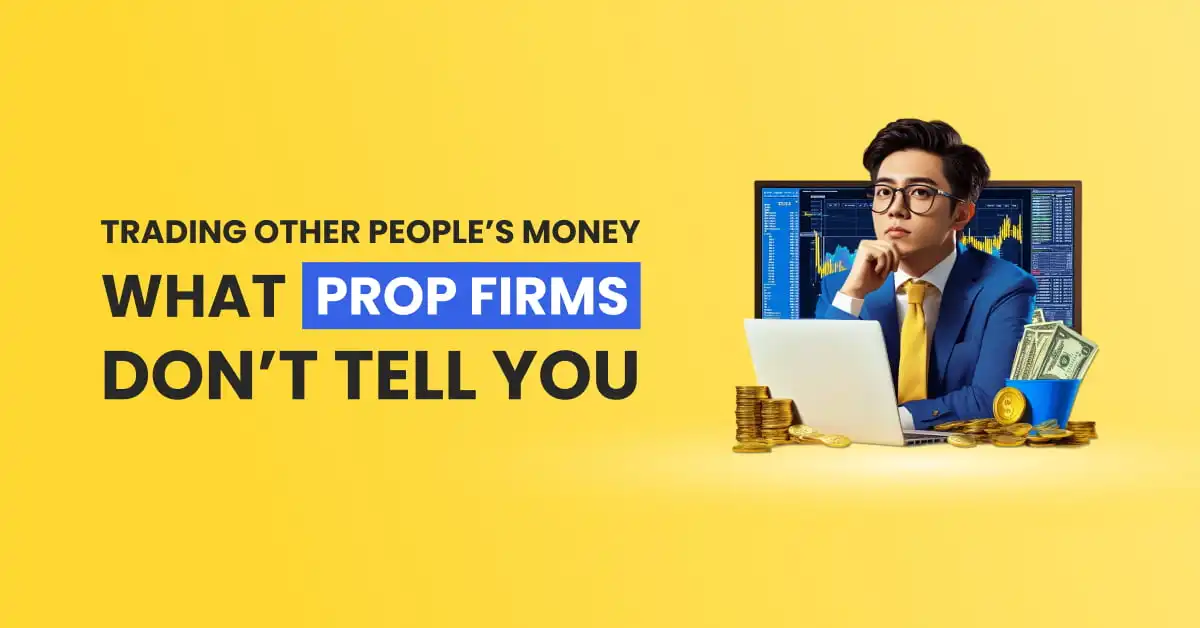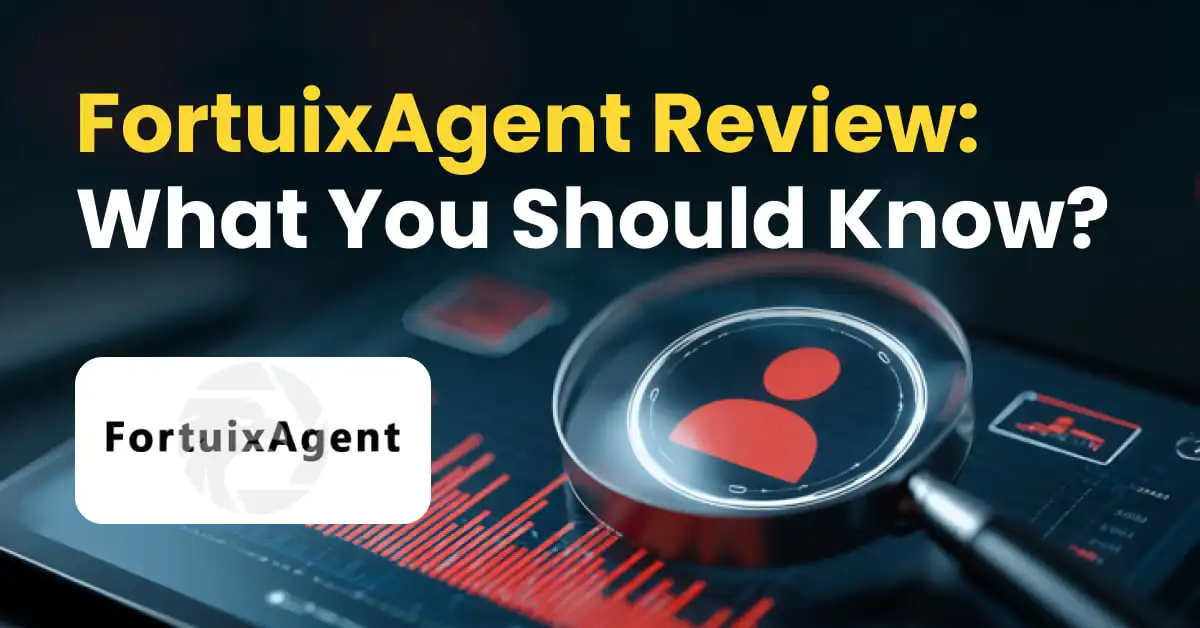简体中文
繁體中文
English
Pусский
日本語
ภาษาไทย
Tiếng Việt
Bahasa Indonesia
Español
हिन्दी
Filippiiniläinen
Français
Deutsch
Português
Türkçe
한국어
العربية
Asset Tokenization: Where property meets the blockchain
Abstract:Asset tokenization is the innovative process of transforming rights to both physical and digital assets into digital tokens on a blockchain.

Understanding Asset Tokenization
Asset tokenization is the innovative process of transforming rights to both physical and digital assets into digital tokens on a blockchain. This process can generate fungible tokens, which are interchangeable, or non-fungible tokens (NFTs), representing distinct assets. The choice of token type hinges on the nature of the asset and its intended application. By enabling tokenization, we can enhance traditional ownership verification methods—like deeds and titles—allowing for more accessible fractional ownership. For instance, tokenizing a commercial property could enable multiple investors to own shares in that property.
Advantages of Asset Tokenization
1. Tokenization allows assets to be divided into smaller, tradable units, facilitating shared ownership among multiple investors.
2. By enabling fractional ownership, tokenization opens the door to asset investments for individuals across various financial backgrounds.
3. Tokenized assets can be more easily traded, potentially enhancing market liquidity.
4. The transparency inherent in blockchain technology ensures that all participants have access to the same information.
5. By reducing the need for intermediaries, tokenization could lower the costs associated with buying and selling assets.
Challenges of Asset Tokenization
1. Legal Recognition Issues: Current legal frameworks may not recognize tokenized asset ownership, creating challenges in enforcement.
2. The rapidly changing landscape of laws surrounding tokenized assets can complicate compliance and diminish investor protections.
3. Tokenized assets, particularly those traded on secondary markets, may experience significant price fluctuations, risking investor capital.
4. Unique assets can be difficult to value accurately, complicating investment decisions.
Conclusion
Asset tokenization marks a transformative step forward in merging real estate with blockchain technology, providing exciting prospects alongside significant hurdles. As this field evolves, stakeholders can explore how fractional ownership and enhanced accessibility can reshape investment landscapes, all while navigating the complexities of regulation and market integration.

Disclaimer:
The views in this article only represent the author's personal views, and do not constitute investment advice on this platform. This platform does not guarantee the accuracy, completeness and timeliness of the information in the article, and will not be liable for any loss caused by the use of or reliance on the information in the article.
Read more

Trading Other People’s Money | What Prop Firms Don’t Tell You
Proprietary (prop) trading firms have become increasingly popular. They give traders the chance to trade with larger amounts of money without risking their own savings. For many, this sounds like the perfect opportunity to grow faster and earn more. But while the benefits are appealing, there are also risks and hidden rules that traders must understand before joining a prop firm.

FSMA Warns That Some Firms Operate as Pyramid Schemes
The FSMA has sounded the alarm on a “new wave of fraudulent trading platforms” that rely on pyramid schemes to sustain payouts. According to regulator observations, these schemes allow small withdrawals at first in order to build trust, then use excuses to block larger withdrawal attempts. Eventually, when recruitment of new participants falters, the platform vanishes with all funds, leaving victims empty‑handed.

FortuixAgent Review: What You Should Know?
FortuixAgent is an automated trading platform designed to execute buy and sell orders by leveraging live market data and artificial intelligence. The platform supports multiple asset classes, including forex majors, crypto pairs, and precious metals, allowing diversification from a single dashboard. Recently, FortuixAgent has played a role in many regional markets, including South Africa, South Asia, etc. However, is it reliable?

Is Your Forex Strategy Failing? Here’s When to Change
Have you been encountering frequent forex losses? Finding it hard to gain the trading momentum? Can’t understand whether your current forex strategy is in line with the shift in economic indicators or the geopolitical climate? Overcomoming these will require a change to your forex investment strategy. Learn those smart strategic changes here.
WikiFX Broker
Latest News
Global week ahead: Crunch time for trade talks as Trump's deadline nears
Top Wall Street analysts recommend these dividend stocks for regular income
Stock futures rise as U.S.-EU trade deal kicks off a hectic week for markets: Live updates
EU chief to meet Trump in Scotland in push to avoid a transatlantic trade war
Trump's trade deals and tariffs are on the chopping block in court. What happens next
AI is radically changing entry-level jobs, but not eliminating them
Currency Calculator


